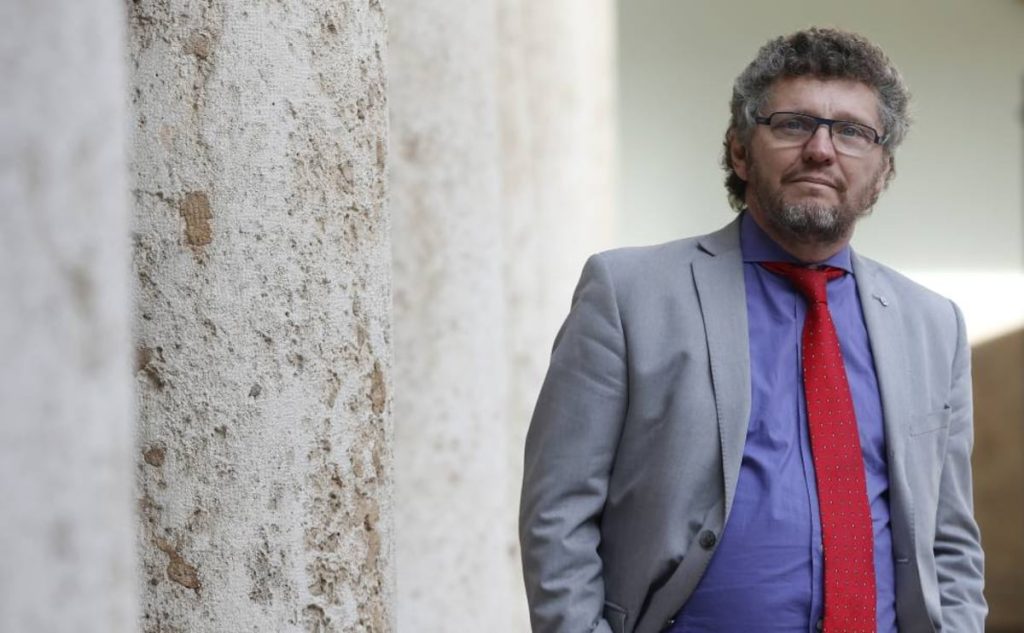Fabián Salvioli, a 61-year-old Argentine, has been the United Nations Special Rapporteur on the promotion of truth, justice, reparation, and guarantees of non-recurrence since May 2018 to April 30. Before this position, from 2009 to 2016, he was a member of the UN Human Rights Committee, which he chaired from 2015 to 2016. His latest mission for the United Nations was to investigate the repeal of regional memory laws by the regional governments of the PP and Vox parties. After 15 years, he is ready to move on to other things, emphasizing that the work of special rapporteurs is unpaid. As a lawyer, he has litigated cases before the Inter-American Commission and Court of Human Rights. He currently teaches International Law at the University of La Plata in Buenos Aires.
The genesis of the recent report by Salvioli is linked to the special procedures of the United Nations, which involve sending letters of allegation to governments expressing concerns about policies or normative projects contradicting international obligations. The report focuses on Spain, providing analysis on laws contradicting obligations under international law. Salvioli highlights that their work is impartial and independent, aiming to ensure governments comply with their international obligations. The report also aims to address the concerns raised by regional governments regarding the repeal of memory laws.
The communication of the report to the Spanish state aims to prompt action by the executive, legislative, and judicial branches to rectify laws that contravene international obligations. While some regional governments claim they were not contacted directly, Salvioli explains that communication is channeled through the national government. The report carries the official stamp of the United Nations, representing the opinions and findings of three mandates related to human rights issues.
Salvioli emphasizes the role of special rapporteurs in identifying international concerns and examining situations to ensure states comply with human rights obligations. The reports by special rapporteurs hold significant weight in the Universal Periodic Review conducted by the United Nations on various countries’ human rights records. Concerns raised by the report on Spain’s memory laws highlight the risk of promoting revisionist and negationist narratives that undermine historical truths and victimize marginalized groups.
Salvioli expresses concern over the inclusion of victims of terrorism in memory laws, stating that it deviates from the main objective of addressing historical injustices. He emphasizes the importance of distinguishing between different forms of victimization to ensure that the specific needs of each group are addressed appropriately. The report also addresses criticisms from political parties, outlining the role of the United Nations in enforcing international obligations regardless of the political orientation of a government.
Reflecting on his extensive experience investigating human rights issues, Salvioli notes the lack of continuity in Spain’s memory policies, highlighting the need for a consistent and comprehensive approach. He suggests that a truth commission could help address historical injustices and promote reconciliation within Spanish society. Salvioli also references examples from other countries that have successfully implemented truth commissions and justice initiatives to address past atrocities, emphasizing the importance of acknowledging and confronting historical truths to build a better future.


